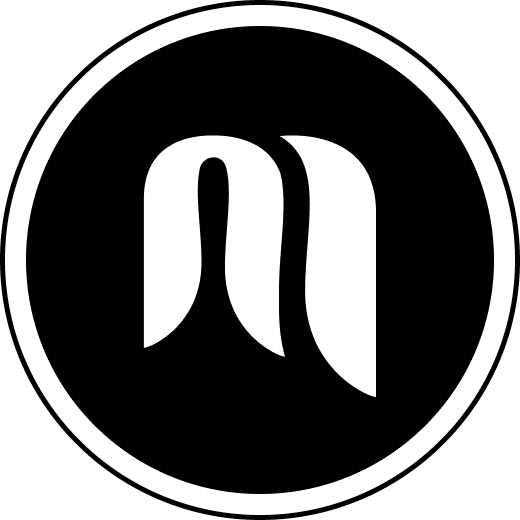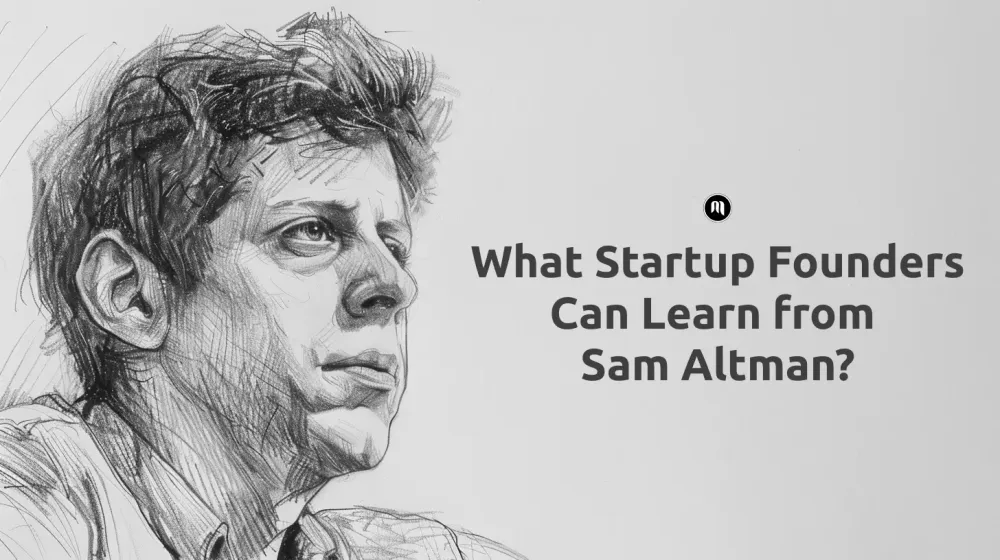What Startup Founders Can Learn from Sam Altman?
A few years ago, over lukewarm coffee in a cramped San Francisco co-working space, I sat across from a founder who was three months into her startup journey and already fraying at the edges. "It feels like I’m juggling chainsaws while blindfolded," she said, eyes wide, fingers jittery from too much caffeine and too little sleep. I nodded, having heard some version of that metaphor more times than I can count. And every time I think of someone who's not only survived that chaos but helped others navigate it — I think of Sam Altman.
Now, I know, dropping Sam Altman's name in startup circles is a bit like invoking Michael Jordan at a basketball camp. The guy’s resume reads like a tech fairytale — early entrepreneur, former president of Y Combinator, current CEO of OpenAI. But what’s interesting isn’t just his success. It’s how he thinks — and more importantly, how he acts — that holds the real gold for founders trying to find their footing.
He Leans Into Long-Term Thinking
Most founders will tell you they’re in it for the long haul, but the pressure of investor check-ins and monthly burn rates can shrink your vision to the size of your next pitch deck. Altman, on the other hand, operates like someone building a cathedral, not a food truck.
Take OpenAI. Instead of chasing quick wins or sugar-high valuations, he’s been relentlessly focused on a multi-decade vision to build AGI safely. That kind of patience isn’t easy — especially in a culture addicted to speed. But it’s essential. If you're not careful, the startup treadmill will turn into a hamster wheel, and you'll mistake movement for progress.
So ask yourself: Am I solving a problem worth sticking with for the next 10 years? And if not, why am I building this?
He’s Obsessed with Leverage
Altman talks a lot about leverage — not in the MBA sense, but in the broader, more creative way. He understands that certain actions, people, or tools can create nonlinear outcomes. That’s why he invests in people who think in terms of systems, compounding returns, and asymmetric bets.
One lesson here? Founders should stop glorifying the hustle and start optimizing for impact. Writing code at 2 a.m. might feel noble, but designing a process that removes the need for 2 a.m. coding altogether? That’s leverage.
Find your leverage points. It might be an underutilized distribution channel, a killer hire, or a piece of IP. Whatever it is, double down.
He’s Ruthlessly Curious
There’s this quality Altman has — you see it in his blog posts, his interviews, and in conversations people retell after meeting him — he asks great questions. Not to show how smart he is, but to figure out what he doesn’t yet understand.
Startups live and die on curiosity. Not just about customers, but about markets, psychology, incentives, history — all of it. The founders I’ve seen thrive are the ones who treat every unknown as an opportunity, not a threat.
Next time you’re in a room where everyone’s nodding in agreement, be the one who asks, “What are we missing?” That’s the kind of question Altman would ask.
He’s Not Afraid of Controversy
Let’s be honest: most people want to be liked. Founders are no different. But Altman has shown — repeatedly — that doing big things often means upsetting people. You can’t pioneer without stepping on a few orthodoxies.
From OpenAI’s shift from nonprofit to “capped-profit” (which stirred plenty of debate), to his unapologetic views on wealth, power, and the future of humanity, he doesn’t shy away from hard conversations. He leans in, even when they’re uncomfortable.
You don’t have to court controversy, but you do have to develop a spine. Trying to please everyone is a fast track to building something so bland that no one cares.
He’s Quietly Optimistic
There’s a kind of quiet, clear-eyed optimism in Altman’s worldview. He believes the future can be better — radically better — but he’s also deeply aware of the risks.
That’s a mindset every founder should cultivate. Pessimists don’t build great companies, but blind optimists crash them into walls. The trick is to hold two thoughts in your head: This could change everything and We might screw this up if we’re not careful.
Final Thoughts: What Will You Be Known For?
Sam Altman’s career is a masterclass in intentionality. He doesn’t chase hype. He doesn’t build for the sake of building. He moves with purpose, bets big when it matters, and surrounds himself with people who force him to raise his game.
If you’re a founder, you don’t need to copy his path — that’s not the point. But maybe it’s worth asking: What would your startup look like if you thought 10x bigger? What would change if you focused less on being busy, and more on being effective?
And what kind of legacy are you building — not just for your users, but for yourself?
Founding a startup isn’t about mimicking someone else’s playbook. It’s about learning from those who’ve been through the fire and finding your own voice in the process. Sam Altman doesn’t have all the answers — but he asks the kind of questions that just might lead you to yours.

